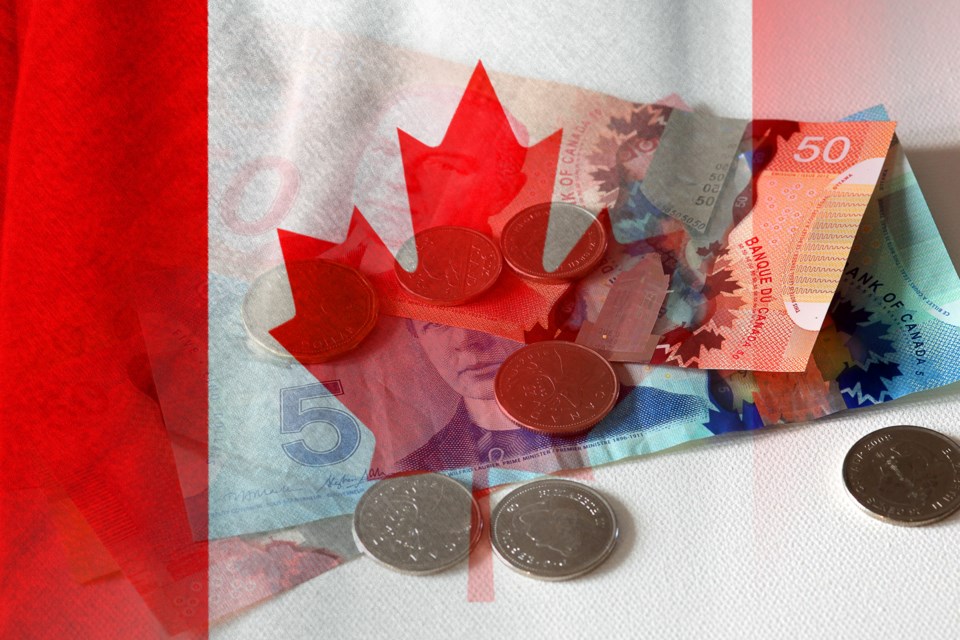2022 was a year of high interest rates and inflation, which resulted in expensive food and gas bills. Rising living costs resulted in Canadians using their credit cards more in the third quarter — a 7.9 per cent increase when compared to last year.
The latest edition of Canada's Food Price Report, released Monday, states grocery prices will continue to increase in the first half of the new year.
As this year comes to a close with the holidays, a season of giving, many Canadians are reducing their spending. New data from the Angus Reid Institute found that 56 per cent of surveyed Canadians will be "spending less on Christmas, including presents and entertainment."
Although most people with lower incomes — less than $50,000 per annum — reported they are decreasing their holiday spending, 45 per cent of people with household incomes of more than $200,000 concurred.
Less spending during the holidays also means that Canadians are "scaling back" their donations to charities.
Two in five polled in the 54+ age category said they're reducing their charitable givings — a group that has historically donated more.
Difficult financial year, another turbulent year ahead
The COVID-19 pandemic cost many people their jobs, leading to precarious financial situations. But the survey found that 50 per cent of Canadians said they are financially worse in the present than in 2021.
Looking toward 2023, only 20 per cent of Canadians believe their financial situation will improve within the year.
Meanwhile, one in five believe their economic situation will improve in the next 12 months. Twice as many (41 per cent) believe they’ll tread water, while three in 10 see their finances deteriorating.



